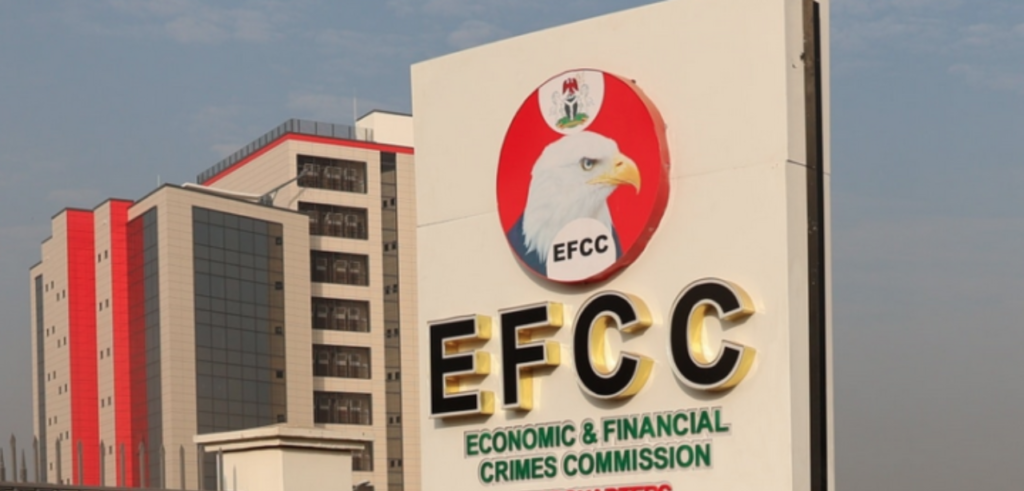The Economic and Financial Crimes Commission (EFCC) has announced plans to challenge a court decision that acquitted former Ekiti State Governor, Ayodele Fayose, of alleged money laundering and fraud charges.
Delivering judgment on Wednesday, Justice Chukwujekwu Aneke ruled in favour of a no-case submission filed by Fayose, declaring that the prosecution had not presented sufficient evidence to warrant the defendant entering a defence. “The prosecution failed to establish a prima facie case against the first defendant,” the judge held.
Reacting to the verdict, EFCC lead counsel, Rotimi Jacobs (SAN), confirmed the agency’s intention to appeal. He stated that the commission would obtain the certified true copy of the judgment and begin preparing the necessary legal grounds to contest the ruling.
Fayose and his company, Spotless Investment Limited, were re-arraigned by the EFCC on an 11-count charge of laundering ₦6.9 billion — alleged to have been misappropriated during his tenure as governor. The former governor was accused of receiving ₦1.2 billion for his 2014 election campaign and accepting $5 million in cash from former Minister Musiliu Obanikoro, without passing through a financial institution.
The charges also alleged that Fayose used proxies and companies such as De Privateer Ltd and Still Earth Ltd to launder and invest over ₦1.6 billion in properties, in breach of the Money Laundering (Prohibition) Act, 2011.
During the May 19 hearing, Fayose’s lawyer, Kanu Agabi (SAN), argued that the EFCC’s case lacked merit. He pointed out that a key figure in the transactions, Abiodun Agbele, was never charged alongside Fayose. “With due respect, the predicate offences do not hold water. Criminal breach of trust and conspiracy are distinct offences, and no co-conspirator was charged,” Agabi told the court, insisting Fayose had no case to answer.
Similarly, Olalekan Ojo, representing the second defendant, submitted a separate no-case argument, challenging the reliability of the prosecution’s evidence, particularly the testimony of the 13th witness, Obanikoro, who admitted that there was no direct communication between Fayose and then-National Security Adviser, Sambo Dasuki.
EFCC urged the court to reject the no-case submissions
In response, EFCC counsel Jacobs urged the court to reject the no-case submissions. He highlighted what he described as “suspicious financial activities,” questioning why Fayose didn’t use his accounts if the funds were legitimate. “If the money was clean, why not buy the properties in his name?” Jacobs asked.
He also referenced testimony from EFCC investigator Abubakar Madaki, who said that several associates used to acquire properties on Fayose’s behalf, later denied ownership, even though Fayose had admitted the assets were his.
Jacobs maintained that Obanikoro’s testimony confirmed Fayose had requested the funds in cash and introduced Agbele to collect them — conduct that, in his view, required explanation.
Despite these arguments, the court upheld the no-case submissions, effectively clearing Fayose and his co-defendant of all charges — a decision the EFCC now seeks to overturn on appeal.



